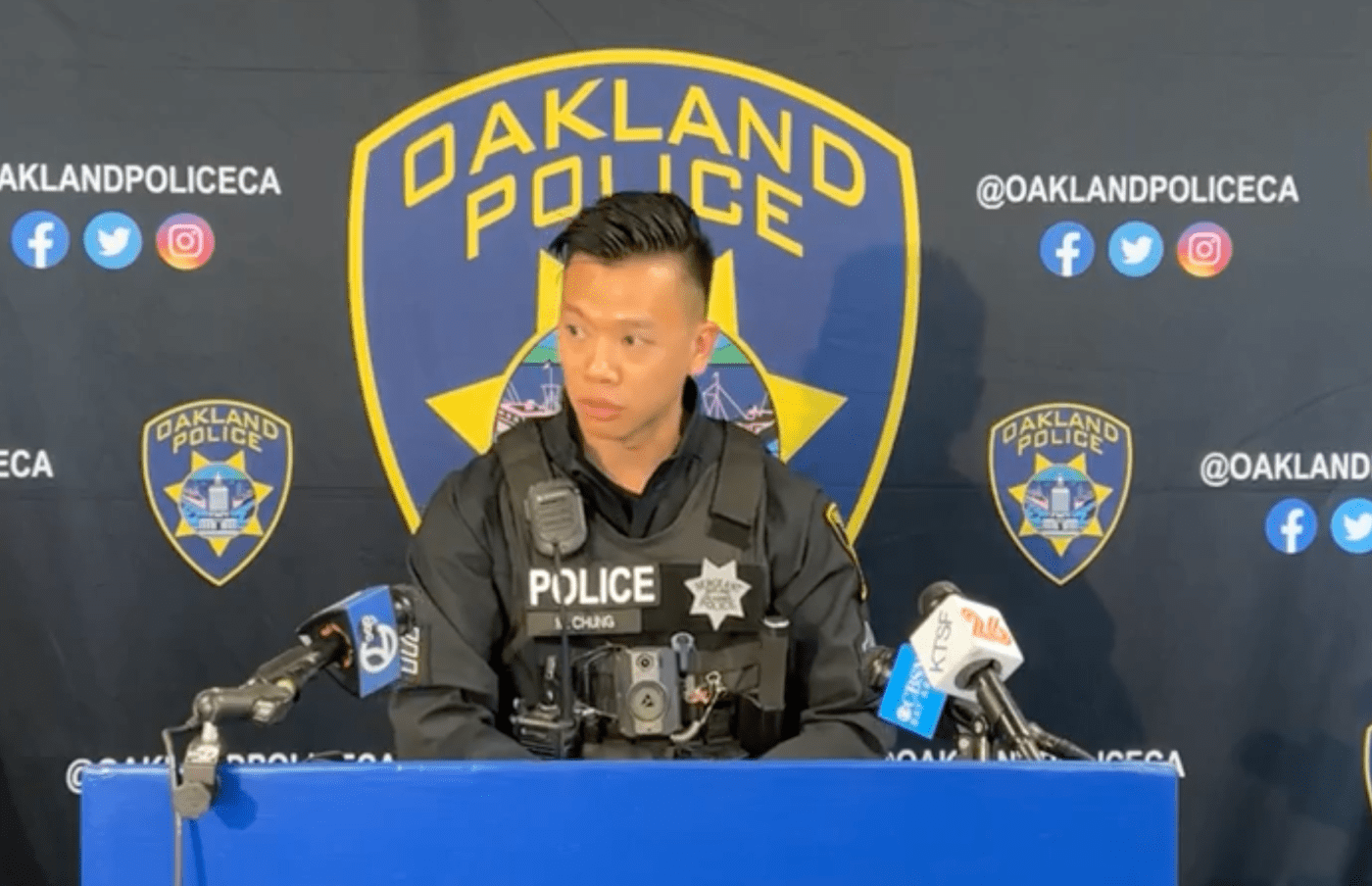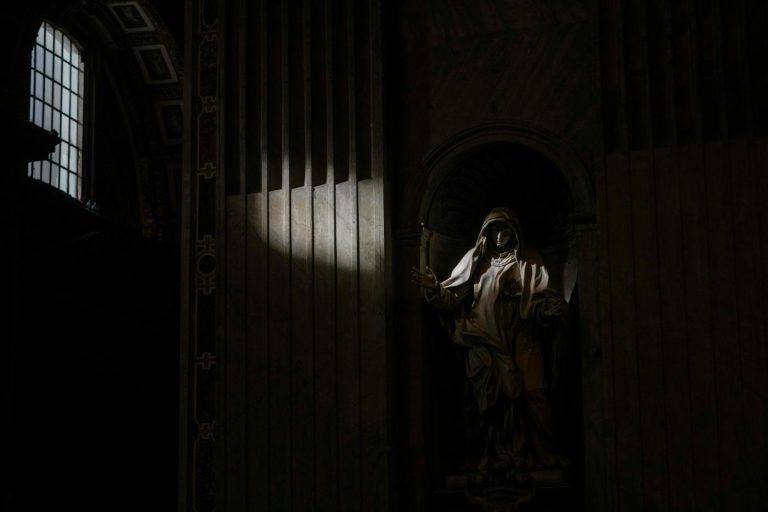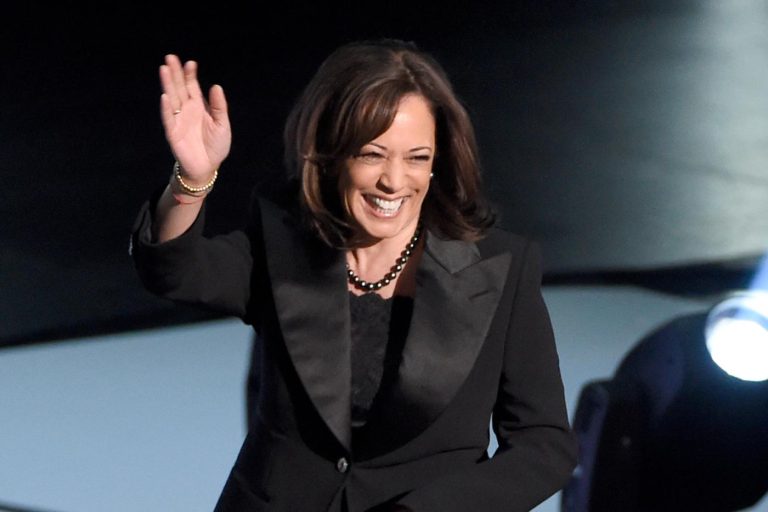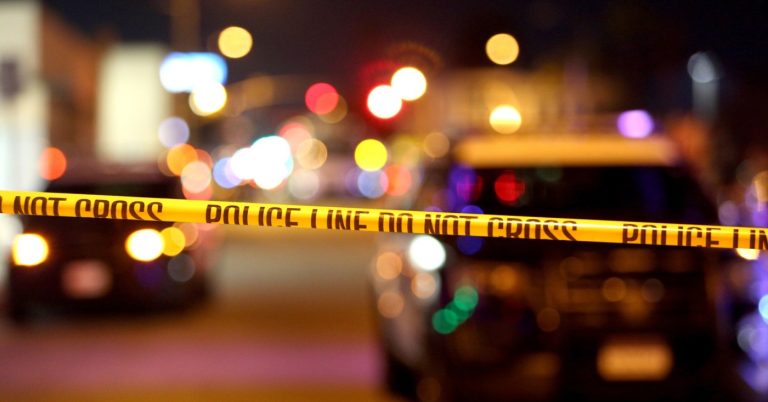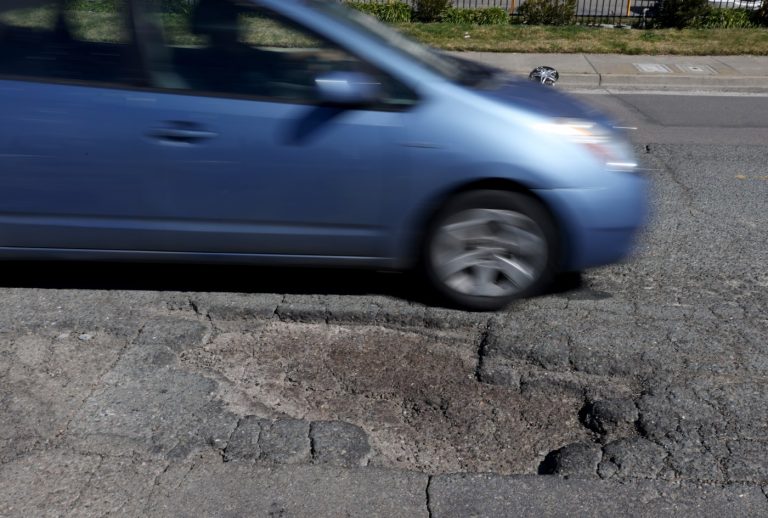OAKLAND — Months before the FBI raids in Oakland on June 20, a specialized city police unit was already on the radar of federal investigators.
The Chinatown violence suppression initiative started as a pandemic-era task force to provide a police presence in the downtown Oakland neighborhood, amid fears about alleged rising crime. It has been praised for rebuilding trust among Chinatown residents and merchants.
Related Articles
Opinion: Oakland Mayor Sheng Thao and my council colleagues’ fiscal recklessness
Oakland FBI raids: Investigators seek Oakland Police Department records in new subpoenas
The feds sent Oakland a subpoena. Here’s what you need to know about it
When assassins came to his home, Oakland political operative fired back, then told police he’d been targeted over criminal probe
Oakland FBI raids: City ordered to hand over records in subpoena naming Mayor Sheng Thao’s partner
But in 2023, the unit’s overtime spending became of interest to FBI agents, a source with knowledge of the investigation told this news organization.
The Chinatown task force is linked to a key figure in the burgeoning scandal. One of its former leaders, Sgt. Michael Chung, helped orchestrate a donation of drones to the Oakland Police Department from the Duong family, whose businesses figure prominently in the FBI’s current investigation.
David Duong’s home was raided by the FBI last month, along with the homes of his son, Andy Duong, and Oakland Mayor Sheng Thao. The headquarters of the Duong family’s city-contracted trash recycling company, California Waste Solutions, was also targeted in the raid.
Corruption probe expands to OPD
The new revelations about the Chinatown unit come as a federal grand jury convening to investigate possible corruption has expanded its focus to include the OPD. A subpoena sent to the city this month requires the department to turn over internal phone directories, while also ordering the city to hand over the details of all federal funding it has received since the start of 2021.
It is unclear whether the OPD’s overtime spending in Chinatown remains a focus of investigators, or is part of the federal grand jury’s inquiry.
The feds haven’t said anything publicly about the investigation since the raids. They appear to be casting a wide net in recent weeks, having also ordered the city to produce records relating to Mayor Thao’s significant other, Andre Jones; a housing company founded by the Duongs and the former Oakland Army Base.
Neither the city’s press office nor the Oakland Police Department provided comment by this news organization’s deadline.
A trove of overtime documents obtained by this news organization shows dozens of officers claimed more than 5,000 hours in overtime pay to work patrols for the Chinatown task force covering the 52-block area of downtown Oakland.
US Postal Inspectors Matthew Norfleet, left, and Jeff Fitch, check a document during a raid at David Duong’s home, whose family runs California Waste Solutions in Oakland, Calif., on Thursday, June 20, 2024. Also, the homes of his son David Duong and Oakland Mayor Sheng Thao were raided in the morning by the FBI. (Ray Chavez/Bay Area News Group)
After Oakland police began new overtime patrols in the area, Chung approached a Chinatown leader with an idea for a new pet project: drones that would help catch suspects across the city and aid with search and rescue operations.
Chung asked Stewart Chen, the head of the new Oakland Chinatown Improvement Council, about securing a donor who could pay for three drones, Chen recalled. The council had been created just months earlier as a taxpayer-funded nonprofit focused on beautifying the Chinatown neighborhood and boosting its economy.
Chen, who later described the meeting with Chung as a “very casual lunch,” started dialing up local business owners seeking donations to cover the $80,000 cost of purchasing the drones. His search ended with the Duong family.
“They’re known to be generous,” Chen said in an interview, recalling how the Duongs immediately offered to front the entire cost. “I was speechless – I didn’t know what to say. It was almost a godsend.”
After securing the funding, Chung went to then-Police Chief LeRonne Armstrong, who said he sought out Councilmember Nikki Fortunato Bas, who represents Chinatown, to create a formal process for the city to approve the outside money. Oakland’s privacy policies prevented city funds from being used to buy the drones.
The drones were presented at a press conference in March 2022, during which Duong hailed the technology as a chance to “take back our city safely.” He said when his son, Andy Duong, told him Chen was looking for someone to fund the drone program. “I said, let’s jump on it.”
Big payouts for Chinatown overtime
The Chinatown suppression detail in 2021-22 proved lucrative for officers who took the overtime shifts.
At least 74 officers — roughly a tenth of the department’s sworn staff — worked on the overtime detail, according to overtime records for the initiative obtained by this news organization, covering dates from July 2021 through late April 2022. The timecards do not cover the entire scope of the special unit’s existence – suggesting that police spent far more money patrolling Chinatown over the past three years.
Three officers received north of 200 hours of overtime pay for the unit, including Sgt. Huy Nguyen, the president of the Oakland Police Officers’ Association, who logged at least 298 hours over the span of just 10 months. His total pay and benefits jumped nearly $78,000 in 2022 to $553,000, of which nearly $261,000 was for overtime, according to Transparent California.
Another sergeant, Josiah Ladd, claimed at least 209.5 hours on the task force, while Officer Bryant Ocampo claimed at least 259 hours of overtime on the assignment. Both men earned more than $500,000 in total pay and benefits in 2022 alone — a year that saw their overtime pay jump tens of thousands of dollars from the prior year, to $222,000 and $196,000, respectively.
In all, from 2021 to 2023, Nguyen earned $749,000 in overtime pay alone, while Ladd earned $631,000 pulling extra shifts and Ocampo earned $515,000 working overtime, according to Transparent California.
Oakland Police Department Sergeant and President of the Oakland Police Officers’ Association, Huy Nguyen, walks past police officers lining up before pallbearers carry the casket out to the hearse to conclude the memorial service for fellow OPD officer Jordan Wingate at 3 Crosses Church in Castro Valley, Calif., on Friday, April 26, 2024. (Ray Chavez/Bay Area News Group)
In an interview this week, Nguyen called the work vitally important for Chinatown, where residents had clambered for more officers amid a sense of “panic” about crime rates. Citing multiple high-profile robberies and assaults, neighborhood leaders called for more foot patrols and a greater police presence in the region.
“Did it help? Yes. Is it costly? Yes. But that’s the challenge we have,” said Nguyen, adding that the area around Chinatown “is so big and populated that it’s very difficult to manage by one single officer.”
Armstrong and other officials have cited a significant decline in crime during the task force’s work. However, OPD leaders did not provide statistics specific to Chinatown detailing whether those overtime shifts made any difference in crime rates across the neighborhood.
OPD’s overtime spending has been a major budget sticking point for at least a decade, with officers working shifts past their regular hours at extra pay to backfill for low staffing numbers. Those high costs continued in 2022, though ultimately the department nearly broke even despite spending over $33 million on overtime.
Chung, meanwhile, was compensated highly for his work — he raked in nearly $500,000 in total pay and benefits in 2021, including roughly $277,000 in overtime pay, per Transparent California data. Time card records indicate he logged at least 185 hours of overtime working the Chinatown task force. The documents show his girlfriend at the time, Kayla Brandwood, a subordinate Oakland cop, also logged 12 hours of overtime with the Chinatown unit.
Chung found himself embroiled in a scandal in 2023 amid allegations that leaders within the department tried glossing over the sergeant’s alleged involvement in a hit-and-run collision that took place when Brandwood was riding with him.
The blowback was substantial: Chung has been on paid administrative leave ever since, the city’s police Chief LeRonne Armstrong was eventually fired, and a judge decided to keep the police department under federal oversight — where it has been for over two decades.
He is still employed by the department, though not on active duty.
In Chinatown, Chung’s once-booming police unit now appears to be on life support, having nearly been disbanded in recent months.
John Pelissero, a senior scholar on government ethics at Santa Clara University’s Markkula Center for Applied Ethics, questioned the wisdom of police officers working so many extra shifts “who may already be exhausted from their regular hours that they work in a week.” Multiple officers logged 26 hours of overtime within a single 48-hour weekend, the timecard data show.
“This sounds like an extraordinary level of overtime, and I wonder if those who were involved in authorizing that were truly attending to their ethical duties to be good stewards of public funds,” he said.
Jakob Rodgers is a senior breaking news reporter. Call, text or send him an encrypted message via Signal at 510-390-2351, or email him at jrodgers@bayareanewsgroup.com.
